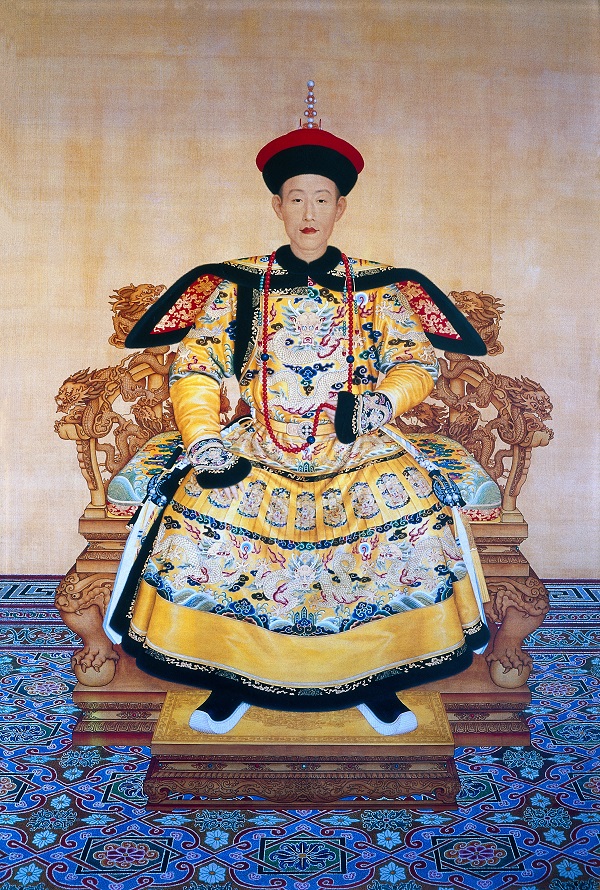The meaning of numbers plays an important part in the Chinese history and everyday life.
Number 3 is considered a lucky number as it sounds similar to the character of ‘birth’ (生 shēng). My ex-boss who was Chinese had a phone number with triple 8 at the end and she paid a considerable amount of money to get it. Why? The number 8 means wealth and fortune. Number 4 is pronounced as the word for 死(death) and is considered unlucky. Some hotels in China may have floor number 13 but not floor number 4. Number 1 in the Chinese culture represents singletons and as a result 11th November is the singles’ day in China as the date has four ones. Number 2 is a lucky number as the Chinese believe luck comes in pairs.
The pronunciation of number 5 in the Chinese language sounds like无 (wú), which means “not” and as such the number is considered unlucky. However, the number 5 represents the five elements of the Chinese astrology (metal, water, fire, earth and wood) and it’s important in traditional medicine, feng shui, martial arts…and it could be lucky number too.
Number 6 is considered lucky and even three 6s which are represent the devil in the Western world are good in the Chinese culture. The Chinese Valentine’s Day is celebrated on the 7th day of the 7th month and as such the number 7 is considered a lucky number for relationships.
Numbers had an important part in the architecture of China. According to the ancient Chinese culture the numbers were categorised into yang and yin categories. Even numbers represented yin while odd numbers represented yang and number 9 was the largest yang and the strongest, most powerful number. The pronunciation of “Nine” in China is very similar with the word “long-lasting”, symbolizing the imperial dynasty’s long duration. The Emperor’s robes often had nine dragons, and according to the Chinese mythology the dragon has nine children.
The Forbidden City in Beijing has 9999 rooms and three magnificent screen walls have 9 dragons. The double doors of the major gates at the Forbidden City have nine rows of nine knobs except the East Flowery Gate which has nine rows with eight knobs. Did they make a mistake?
The altar at the Temple of Heaven was built with rows of marble slabs in multiples of the number 9. The first row has 9 slabs, the second 18, the third 27.
The number nine was used in food too. The Emperor’s New Year dinner was composed of 99 dishes.
Today the number 9 has a more romantic meaning due to the “long-lasting” pronunciation which could also mean a long-lasting relationship. It’s accepted for Chinese men to send 99 or 999 roses to their lovers.
Also, if you are in China on the 9th September you may notice a lot of weddings taking place on this day. The couples believe marrying on this day can bring them a long-lasting relationship. Some couples go even further, choosing to get married at 09.09am on the 9th September!












